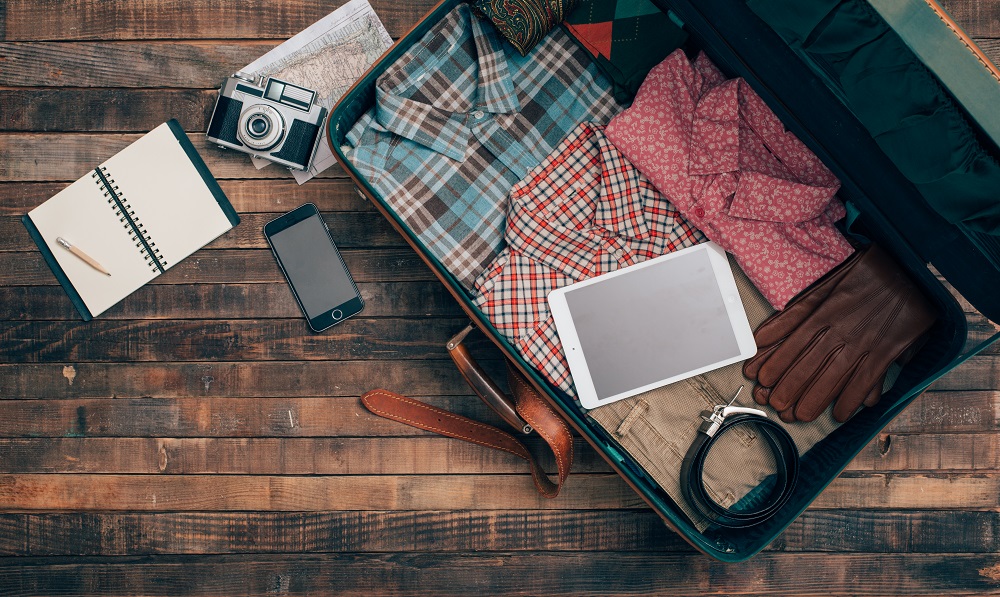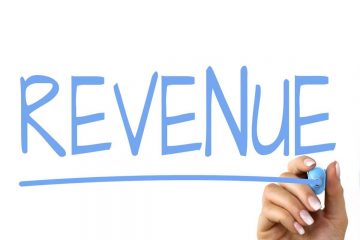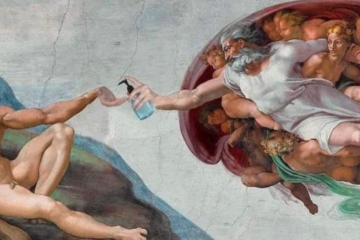Needless to say, most of the travellers, hotel guests and customers prefer online channels much more – well, we are in the digital era at the end of the day. In fact, according to Social Media Today, last year digital travel sales were expected to reach $198 billion. Therefore it is no surprise when we see travelling and hospitality brands spend 61% (OTAs even more with 73%) of their marketing budgets on digital channels.
The Key to Guest Engagement: Personalisation
While digitalisation is taking all industries by storm, the importance of digital transformation and especially mobile technologies is significantly increasing in the hospitality industry. The main reason the hotel industry is focusing on online channels more, lies in two main topics: personalisation and guest engagement.
As we stated above, one of the main grounds for hotel guests using digital channels is receiving more personalised services which lead to better customer experience. Yet more, according to Accenture, 75% of consumers are more likely to buy from brands that recognize them by name, recommend services based on past purchases, and know their purchase history.
Guests also have no problem in sharing their personal information when it comes to receiving more personalised services. An MDG Advertising study states that 83% of Millennials (which is the most important demographic nowadays) said they would let travel brands track their digital patterns if this would provide them with a more personalised experience. Moreover, a Walker study claims that by the year 2020, customer experience will overtake price and product as the key brand differentiator.

Investing in Guest Engagement: Go Digital
These facts clearly state that customers are willing to contribute (less concerned about data privacy, product and budget) to have a better personalised experience. Therefore it is inevitable that hotels have to invest in digitalisation that will collect, process and analyse data in order to be able to offer the spot-on personalised services. It is also crucial to provide hotel guests with the same experience through all channels (offline, web, mobile) seamlessly.
Digitalisation usually starts with and commonly associated with website development. However, we can not ignore the fact that mobile use has already passed desktop in 2016. And as users, we already know that mobile apps provide a better user experience than mobile websites, or even websites. J.D. Power & Associates supports this thought by stating: when mobile apps are used in check-ins and checkouts it is associated with higher guest satisfaction and guests who download and use a hotel’s mobile app are more satisfied and have greater loyalty to that brand.
Since guest experience has already become the dominant factor in brand choice, big players in the hotel industry are already investing in it. In fact, Gartner predicts that by 2019, more than 50% of organizations will redirect their investments to customer experience innovations. Good news is; when it comes to digitisation, regardless you are one of the small or the big players in the industry, directing investments into digital channels is not unaffordable at all. In fact, a successful guest engagement strategy even contributes to upsells. A recent study by Local Measure states that hotel guests engaged during their stays are 40% more likely to come back with an extra stay of 2 nights each, which contributes to a potential ROI of 564%.
So clearly there are no excuses for the hotels whether they are large or small establishments; not to turn their heads towards digitalisation and even make it the top priority. This is where the competition is, and will be for a quite long term.


